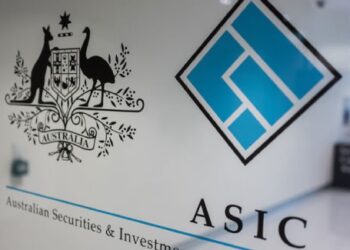As reported in SMSF Adviser, the exposure draft legislation covering reform of the superannuation excess non-concessional contributions tax was released earlier this month.
The intent to allow taxpayers to refund their excess non-concessional contributions has been welcomed by Chartered Accountants Australia and New Zealand.
However, the group’s head of superannuation, Liz Westover, has pointed to measures contained in the legislation that when combined “will not likely achieve the objective of returning a person to a reasonably close position as if the excess amounts had not been contributed”.
Ms Westover flagged the proposal to calculate associated earnings from 1 July in the year of contribution, regardless of when the contribution was made.
“That makes sense. It’s a lot easier to calculate, it’s easy for the funds,” Ms Westover told SMSF Adviser. “But it does mean when you’re calculating the associated earnings it could potentially be up to a year of earnings that just simply never happened.”
In addition, earnings refunded will have already been taxed in the super fund at up to 15 per cent and will then be taxed again at the individual’s marginal tax rate, Ms Westover said, and no rebate or offset is contemplated for tax already paid by the fund.
“So in actual fact, it’s been taxed twice, and there’s no arrangements for an offset. So in my mind, if someone is paying a high marginal tax rate on that money outside of super, then the fund should be entitled to a deduction, for the amount of tax that they’ve actually paid,” Ms Westover said.
Also, excess contributions and associated earnings are to be withdrawn from a member’s tax-free component of their member account.
“Earnings should come from their taxable component,” she said.
Ms Westover acknowledged that disincentives still need to be in place to discourage trustees from over-contribution to their superannuation. However, she said the government should ensure trustees are not “significantly worse off” by making an inadvertent error.
Treasury is open to discussion to ensure the legislation achieves the right outcome, Ms Westover said. However, she said the government is also “quite keen” to see it in effect as soon as possible, noting that this reform was an election promise.


